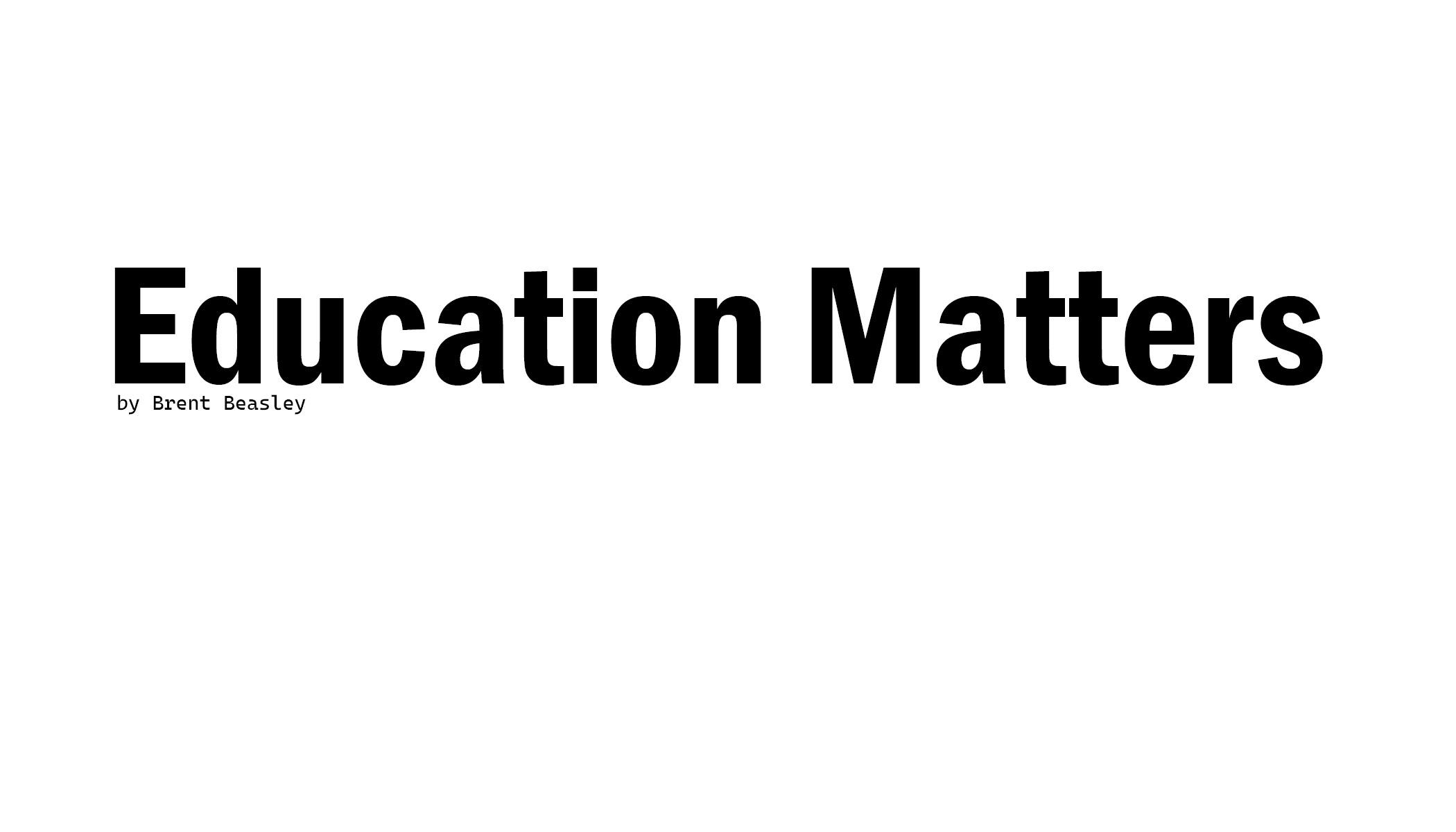Learning to Swim
In the summer of 1995, I was 23 years old, newly married, and preparing to start seminary at Baylor University. I wanted to be a pastor, felt called to it, actually, but I had absolutely no experience doing anything of the sort. I put the word out that I was seeking an opportunity to preach in one of the many small churches in the Central Texas area, and I got a call from Cego Baptist Church.
Cego is a suburb of Bruceville-Eddy, which is a suburb of Lorena, which is a suburb of Hewitt, which is a suburb of Waco.
Cego is actually an old farming community—except by 1995 there wasn’t much left of the farming or the community. But there was a little church, and I got a call on a Wednesday that I was to preach on the following Sunday morning. And teach Sunday School. And lead the music. I had never done any of these things before in my life, and I scrambled over the next few days to figure out how to prepare a sermon.
I preached there all through the summer of 1995—except for one Sunday we didn’t have church because there was a tractor show in Temple. And then, from there, I moved to another small church where I served as the pastor for the next three years while I was a seminary student.
This is the “throw the non-swimmer into the deep end of the pool” approach to preparing for a new vocation. I wish I could say I excelled immediately, but the truth is that it took me a couple of years of regular practice to become at least decently proficient at it.
The same is true for any profession, including teachers. My daughter experienced a full year of student teaching her senior year at Baylor before she got her own classroom, but many new teachers experience more of the thrown-into-the-deep-end approach. Most new teachers in Fort Worth enter their first day of school with little to no meaningful in-class experience. And if, like me, it takes them a few years to get good at it, that is understandable. But it can be a problem for those children who will only be in that grade once.
That’s why FWEP, led by Natalie Jacobs, our Director of Talent, is making a serious commitment to teacher residency programs in Fort Worth.
These residency programs have become the “gold standard” for training new teachers, and for good reason(1,2):
- Real Classroom Experience: Residents spend a full school year working in real classrooms, side-by-side with skilled mentors, five days a week. They get hands-on training, ongoing feedback, and valuable development sessions that prepare them to confidently step into their classrooms.
- Strong Mentorship: Each resident is paired with an experienced teacher who acts as a mentor. These mentors guide their residents through co-teaching, gradually handing over more teaching responsibility, all while observing and offering feedback along the way.
- Better Student Outcomes: Teachers trained through these programs get up to speed faster and often help students progress at a higher rate.
- Higher Retention Rates: Residents tend to stick around longer, which makes for more stable classrooms and school communities.
FWEP is doubling down to grow this approach, transforming local educator programs at the University of North Texas and Texas Wesleyan University into high-quality, year-long residencies through US PREP. Last year alone, these programs certified over 450 teachers.
Beyond that, we’re teaming up with Texas Tech and Tarleton State University to help them recruit and retain more future teachers for their local districts. With teacher interest on the decline, increasing access to quality residency programs—and making them attainable—is more critical than ever.
If that weren’t convincing enough, residency programs also allow schools to be creative with staffing. For instance, a district can take a vacancy, pair a resident with a mentor teacher in a slightly larger class, and use the savings from that vacancy to pay the mentor and resident. This way, more students benefit from excellent teaching, the mentor teacher gains a leadership role, and retention goes up.
FWEP is supporting Comprehensive Strategic Staffing in Fort Worth ISD to strengthen teacher retention and keep the residency programs going strong. US PREP is partnering with FWISD to help create a strategic teacher recruitment and development plan. The pilot will focus on four middle schools: Riverside, Rosemont, Meacham, and Wedgwood, where we hope to set up structures that support teachers and grow their impact.
By investing in teacher residencies, we are ensuring that every student has access to the high-quality education they deserve and avoids the experience of those poor souls at Cego Baptist Church in the summer of 1995 who had to experience me practicing preaching on them every Sunday morning. It probably looked a lot like flailing around trying not to drown.
No wonder they canceled church that one Sunday and went to the tractor show instead.
[1] Why Teacher Residencies Need to be the Standard [1] Policy Brief: Innovations in University-Based Teacher Preparation: Comparing the ‘Grow Your Own’ Alternative to the Traditional Program at Texas Tech.


Leave a Reply